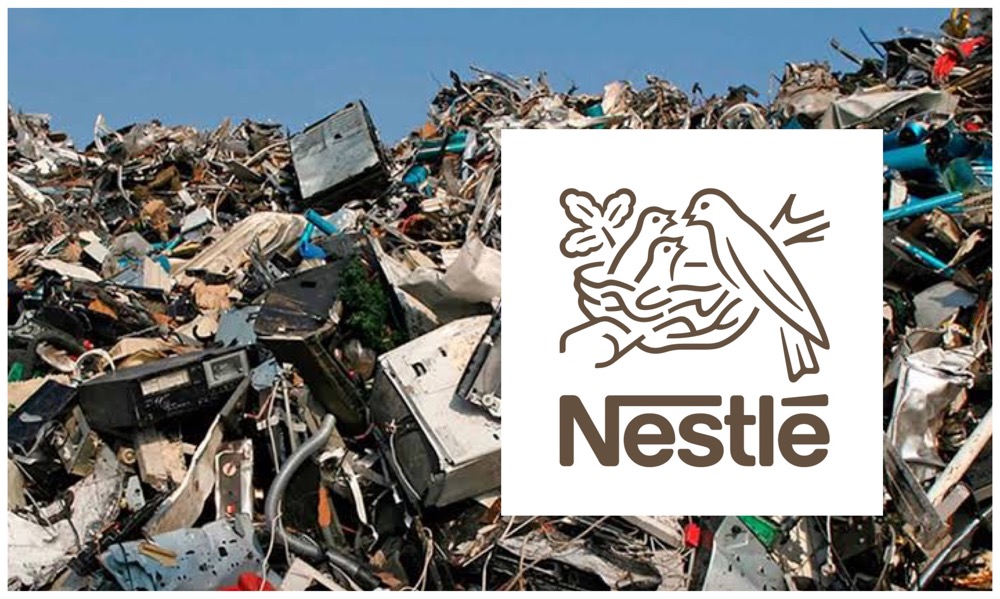Corporate Responsibility and Environmental Sustainability: The Case of Nestlé Nigeria
By Arikawe Femi
Nigeria is facing a growing environmental challenge as an influx of used goods from countries such as the United States, Germany, England, and China flood the market. These items, often at the end of their life cycles, include electronics, vehicles, clothing, and household goods. While they may offer short-term economic benefits, they pose significant risks to both the environment and public health.
The improper disposal of these goods leads to an increase in hazardous waste, contaminating soil, water, and air. This not only damages ecosystems but also poses health risks, including respiratory issues and more severe conditions such as cancer. Vulnerable populations, especially children, are particularly at risk from exposure to toxic substances released by these discarded items.
Economically, the dependency on imported second-hand goods stifles local industry growth and innovation. This reliance hampers the development of Nigeria’s manufacturing sector, limiting job creation and economic advancement.
To address these issues, both the government and the public must take decisive action. Stricter regulations on imports, increased public awareness about the dangers of used materials, and the promotion of locally manufactured goods are critical steps.
Nestlé Nigeria serves as a positive example through its comprehensive waste management initiatives. By reducing, reusing, and recycling waste, the company has significantly minimized its environmental footprint. Nestlé’s projects focus on reducing plastic waste and supporting waste collection infrastructure, fostering job creation, and promoting environmental education.
By adopting sustainable practices and reducing the import of hazardous waste, Nigeria can ensure a cleaner, healthier, and more prosperous future. Collective efforts, inspired by initiatives from companies like Nestlé, are essential in preventing Nigeria from becoming a dumping ground for foreign waste.


